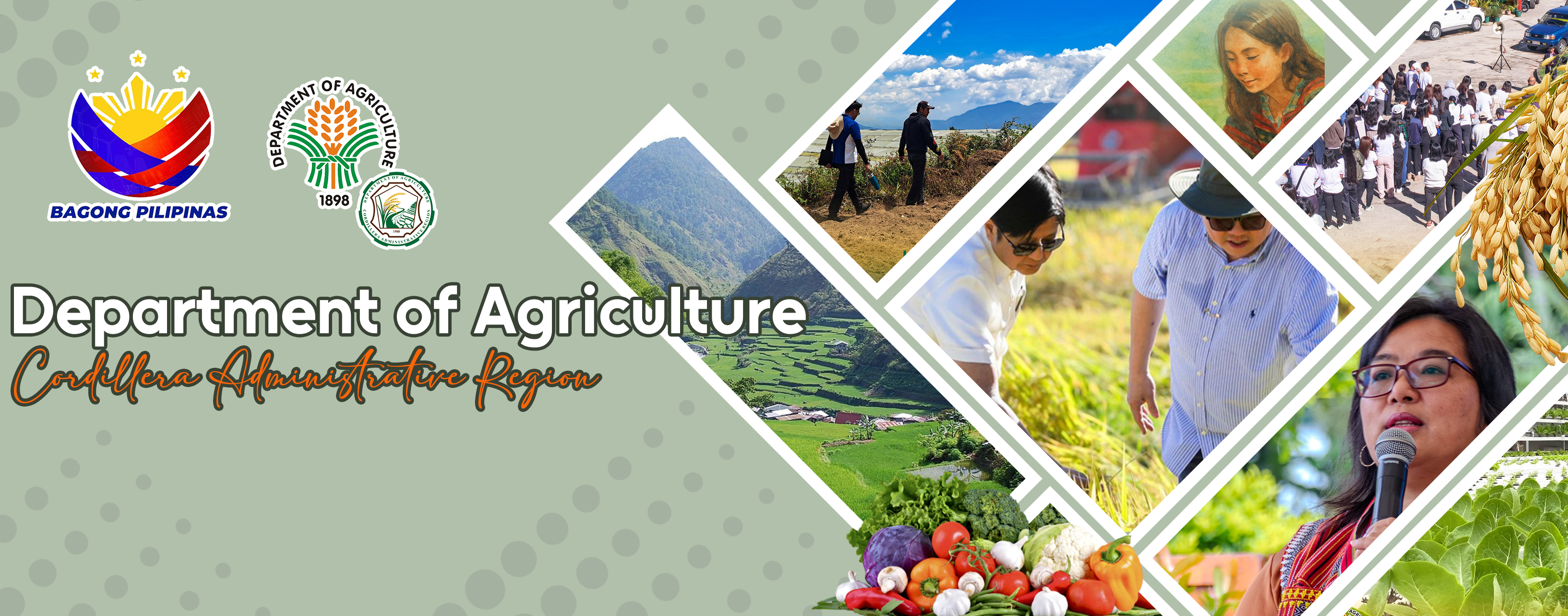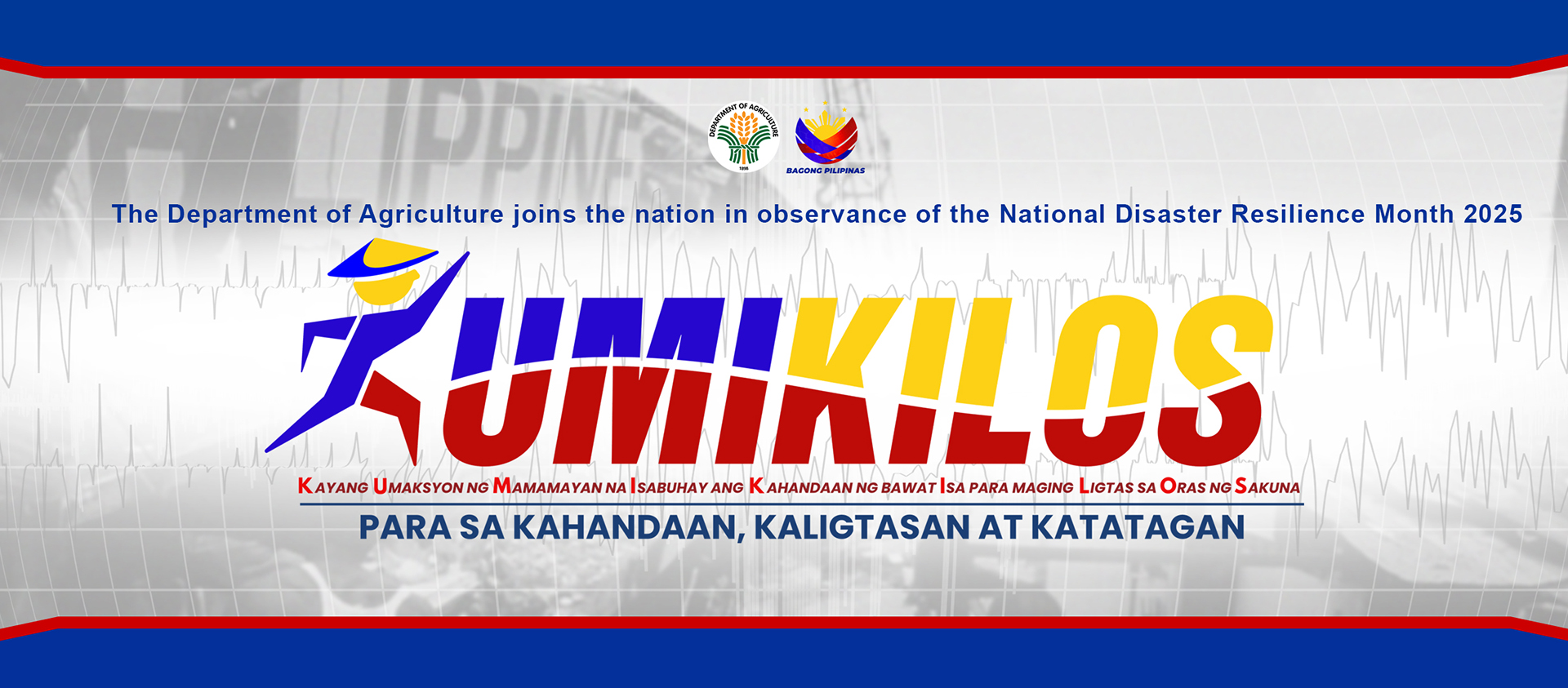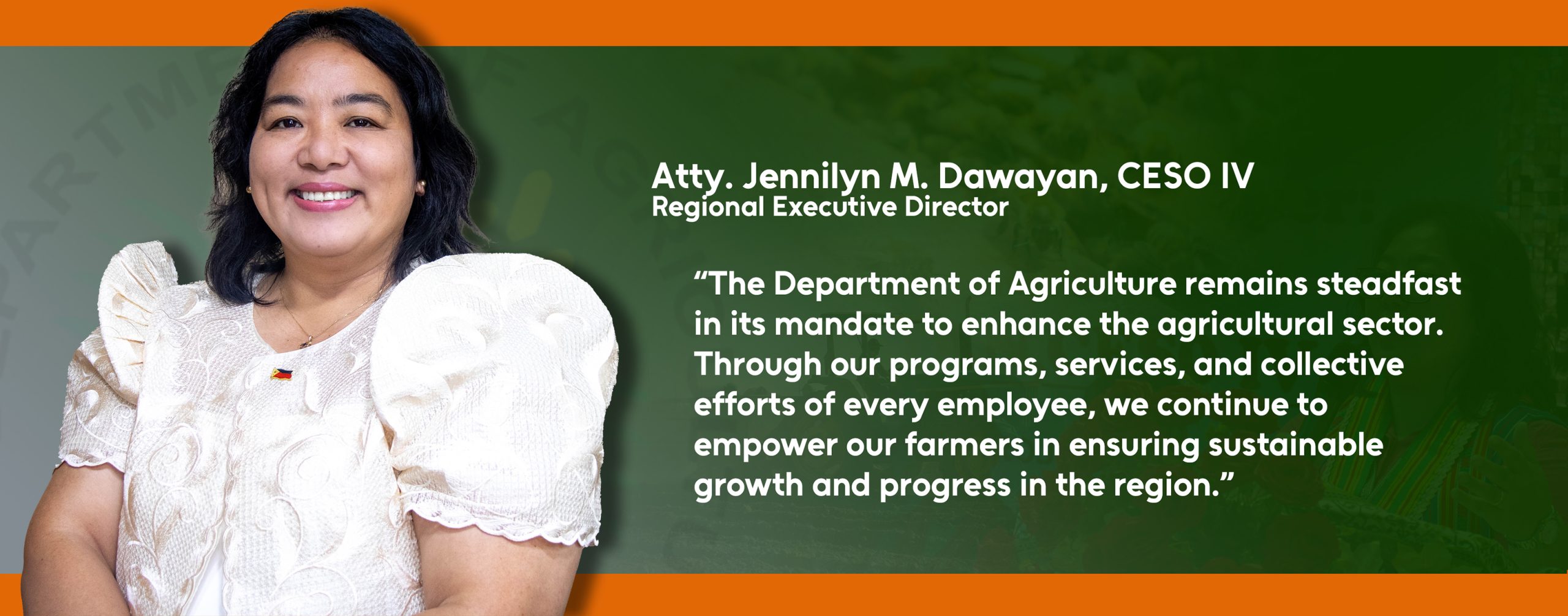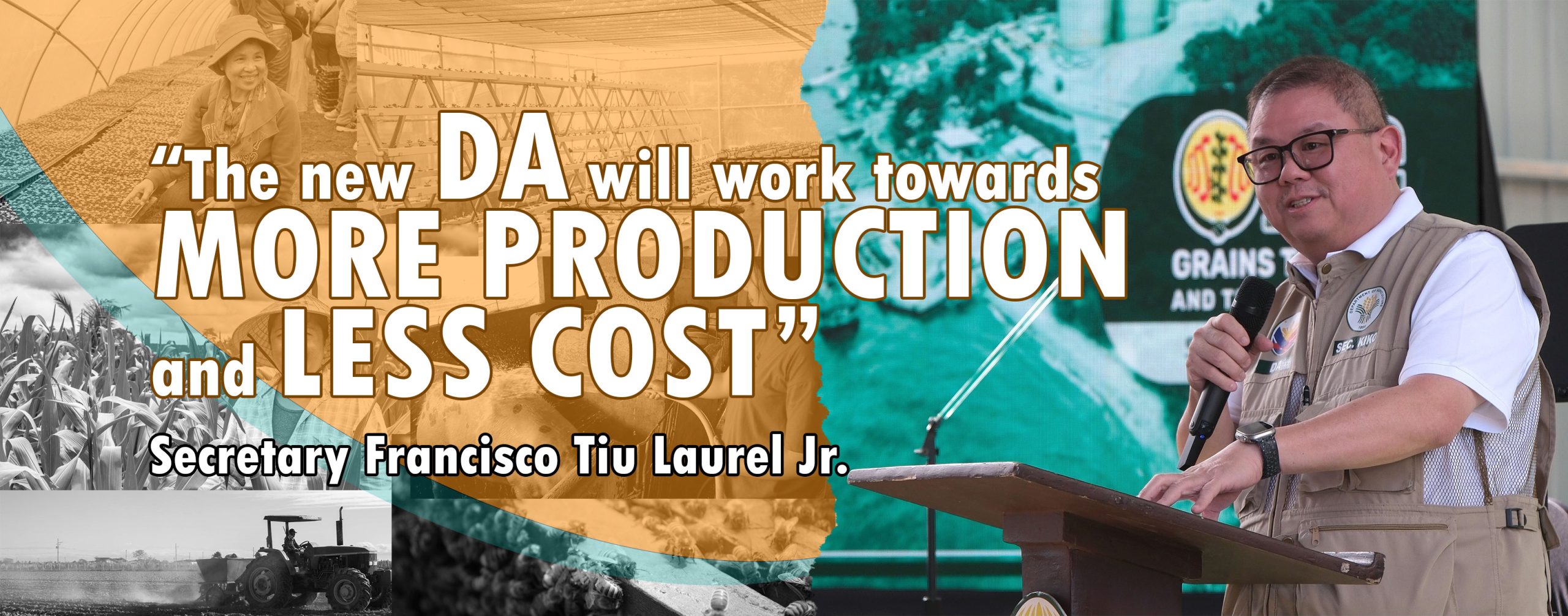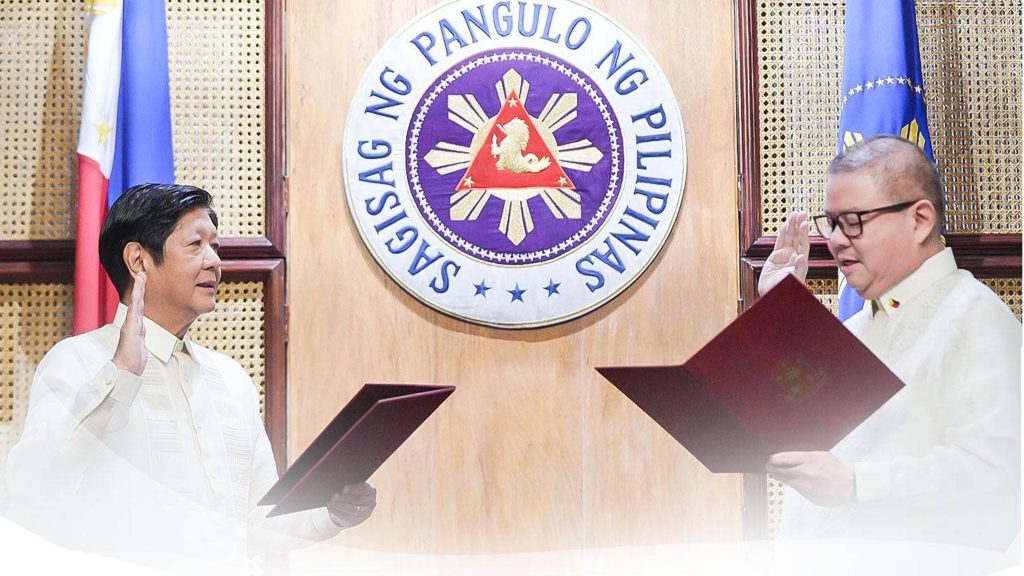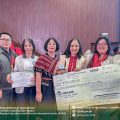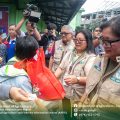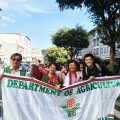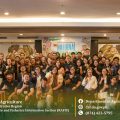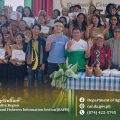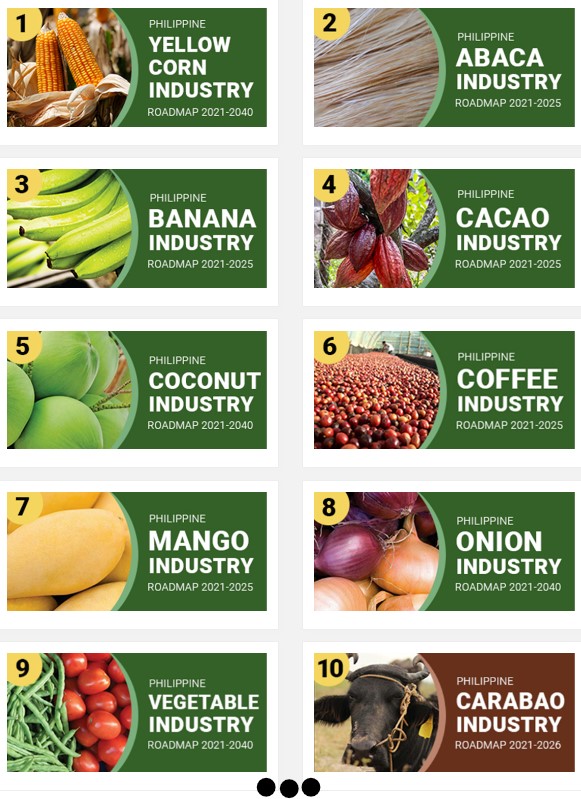Francisco Tiu Laurel, Jr.
“Ako po si Francisco Tiu Laurel, Jr. buong puso ko pong tinatanggap ang hamon ng ating Mahal na Pangulo na maglingkod bilang kalihim ng Kagawaran ng Agrikultura.Una sa lahat, nagpapasalamat ako kay Pangulong Ferdinand “Bongbong” Marcos, Jr. sa kanyang tiwala at sa pagkakataong binigay sa akin na makapagsilbi sa sektor ng agrikultura. Bilang kinatawan ng Pangulo, layunin ko na ipagpatuloy ang kanyang mga adhikain at programa sa sektor ng agrikultura. Sa mga darating na araw, ilalatag ko sa inyo ang mga plano ng Kagawaran ng Agrikultura in coordination with our President.
Pangunahing adhikain ko ang pagtiyak na sagana ang ating ani at siguraduhing ito ay nakakarating sa hapag ng bawat Pilipino. Layunin ko na tiyakin na may sapat at masustansyang pagkain na mabibili ang ating mga kababayan sa tamang halaga.
Susi dito ang modernisasyon ng sektor ng agrikultura, kasabay ng pagpapabuti sa kapakanan ng mga kapatid nating magsasaka at mangingisda. Ating sisiguraduhin na sila ay makikinabang sa mga bunga ng kanilang pagod at pagsisikap.
Malapit sa puso ko ang mga kapatid nating magsasaka at mangingisda dahil personal kong natunghayan ang mga hirap at pangarap nila. Asahan po ninyong laging bukas ang aking tanggapan para sa inyong lahat. Handa akong makinig at makatrabaho kayo. Higit sa lahat, ako’y handa na magtrabaho para sa inyo.
Lubos po akong naniniwala na kaya nating mapalago ang produksyon ng ating agrikultura sa tulong ng ating Presidente. Ngunit hindi ko ito kakayaning mag-isa. Kailangan ko ang tulong at pakikiisa ninyo at ng buong sambayanang Pilipino.
Maraming salamat po sa inyong mainit na pagtanggap at suporta. Mabuhay ang Kagawaran ng Agrikultura, mabuhay ang mga magsasaka at mangingisda ng Pilipinas.”
Francisco Tiu Laurel Jr.
Secretary, Department of Agriculture
3 November 2023
Philippine Rural Development Project
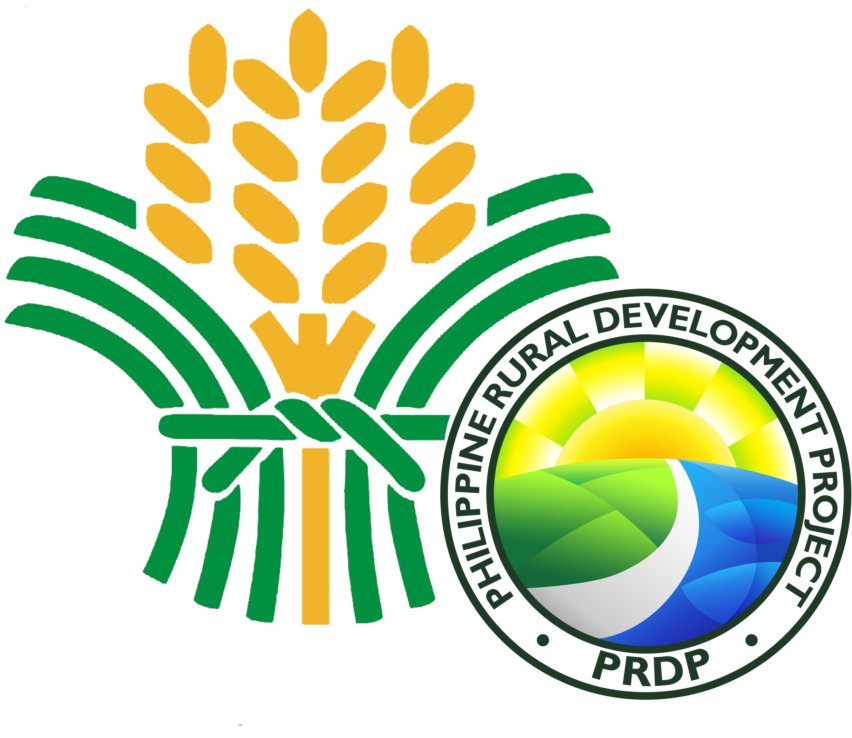 The Philippine Rural Development Project is a six-year (6) project designed to establish the government platform for a modern, climate-smart and market-oriented agri-fishery sector. PRDP will partner with the LGUs and the private sector in providing key infrastructure, facilities, technology, and information that will raise incomes, productivity, and competitiveness in the countryside. Development Objectives Within the six-year (6) project intervention, it is expected to provide the following outcomes:
The Philippine Rural Development Project is a six-year (6) project designed to establish the government platform for a modern, climate-smart and market-oriented agri-fishery sector. PRDP will partner with the LGUs and the private sector in providing key infrastructure, facilities, technology, and information that will raise incomes, productivity, and competitiveness in the countryside. Development Objectives Within the six-year (6) project intervention, it is expected to provide the following outcomes:
- At least five percent (5%) increase in annual real farm incomes of PRDP in household beneficiaries
- 30% increase in income for targeted beneficiaries of enterprise development
- Seven percent (7%) increase in value of annual marketed output
- Twenty percent (20%) increase in number of farmers and fishers with improved access to DA services
Kabuhayan at Kaunlaran ng Kababayang Katutubo (4Ks)
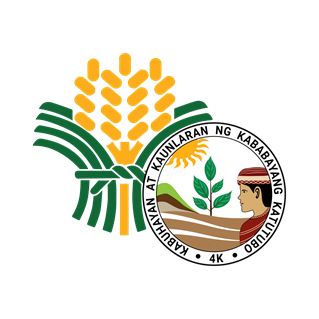 The Kabuhayan at Kaunlaran ng Kababayang Katutubo (4K) is a three-year special project of the DA following the directives of the president for an enhanced provision of assistance in the form of Agricultural and fisheries related livelihood opportunities, investments through the provision of production and post-harvest machineries and equipment and various support services for the ICCs/IPs all over the country through targeted community needs-assessments.
This Project is composed of four (4) components: Social preparation, Production and Livelihood, Marketing Assistance and Enterprise Development, and Project Management. Social Preparation is the conduct of preliminary social analysis of the community where organizers engage in institutional preparations, are selection, and social investigation/integration. Production and Livelihood encompass a range but specific concerns, in which activities and assets are provided to the ICCs/IPs in order to support themselves. Market Assistance and Enterprise Development foresee to empower the ICCs/IPs as entrepreneurs and develop competitive agribusiness enterprises. Project Management defines and maintains standards within the organization such as, guidelines and matrix on the practice of managing and implementing the projects.
The Mindanao Inclusive Agriculture Development Project (MIADP) was created in complement to this project. MIADP is envisioned to sustainably increase agricultural productivity, resiliency, and access to markets and services of organized farmer and fisherfolk groups in selected ancestral domains and for selected value chains in Mindanao. MIADP will focus on the ADs in Mindanao that are formally recognized by NCIP. The first of its kind to concentrate in securing market of the production of farm products prior to execution.
The Kabuhayan at Kaunlaran ng Kababayang Katutubo (4K) is a three-year special project of the DA following the directives of the president for an enhanced provision of assistance in the form of Agricultural and fisheries related livelihood opportunities, investments through the provision of production and post-harvest machineries and equipment and various support services for the ICCs/IPs all over the country through targeted community needs-assessments.
This Project is composed of four (4) components: Social preparation, Production and Livelihood, Marketing Assistance and Enterprise Development, and Project Management. Social Preparation is the conduct of preliminary social analysis of the community where organizers engage in institutional preparations, are selection, and social investigation/integration. Production and Livelihood encompass a range but specific concerns, in which activities and assets are provided to the ICCs/IPs in order to support themselves. Market Assistance and Enterprise Development foresee to empower the ICCs/IPs as entrepreneurs and develop competitive agribusiness enterprises. Project Management defines and maintains standards within the organization such as, guidelines and matrix on the practice of managing and implementing the projects.
The Mindanao Inclusive Agriculture Development Project (MIADP) was created in complement to this project. MIADP is envisioned to sustainably increase agricultural productivity, resiliency, and access to markets and services of organized farmer and fisherfolk groups in selected ancestral domains and for selected value chains in Mindanao. MIADP will focus on the ADs in Mindanao that are formally recognized by NCIP. The first of its kind to concentrate in securing market of the production of farm products prior to execution. Special Area for Agricultural Development
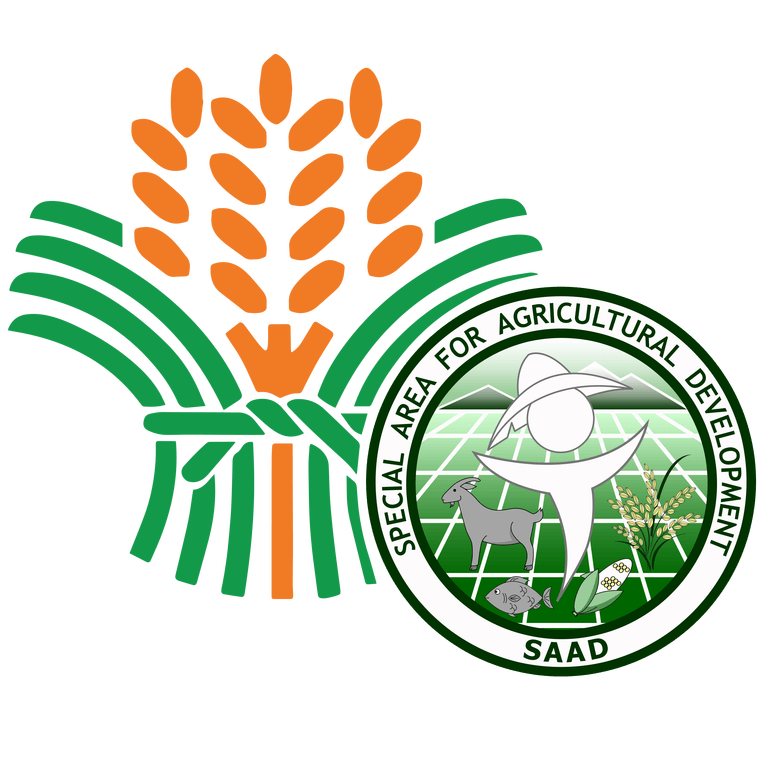 The Special Area for Agricultural Development (SAAD) Program is a locally-funded program of the Department of Agriculture (DA) which aims to help alleviate poverty among the marginalized sectors of agriculture and fishery of the thirty (30) priority provinces identified by the Philippine Statistics Authority (PSA) as well as areas covered by Executive Order No. 70, series of 2018. The strategy of the program is to increase food production and the establishment of community enterprises by providing the appropriate technology, financing, marketing, and other support services for animals, crops, and fisheries to individuals, families/households and organized farmers and fisherfolks including among others DSWDs 4Ps and Indigenous Peoples (IPs). SAAD Website
The Special Area for Agricultural Development (SAAD) Program is a locally-funded program of the Department of Agriculture (DA) which aims to help alleviate poverty among the marginalized sectors of agriculture and fishery of the thirty (30) priority provinces identified by the Philippine Statistics Authority (PSA) as well as areas covered by Executive Order No. 70, series of 2018. The strategy of the program is to increase food production and the establishment of community enterprises by providing the appropriate technology, financing, marketing, and other support services for animals, crops, and fisheries to individuals, families/households and organized farmers and fisherfolks including among others DSWDs 4Ps and Indigenous Peoples (IPs). SAAD Website 
